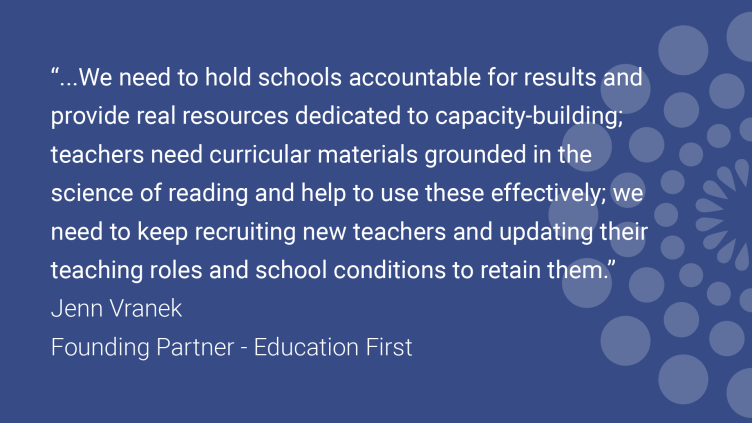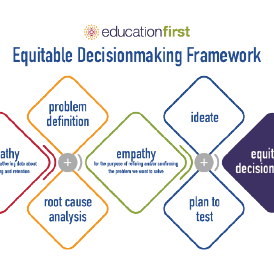Education First’s resource library offers curated resources, toolkits, policy memos and templates that have served our clients around the country and are now available to support you. Use these resources to guide your strategic planning, to stay fresh on hot-topic reform areas, to improve your planning and implementation at the state or local levels and to inform grantmaking strategies and investments in areas that will improve student outcomes.
Our blog offers thoughts on timely topics and issues, project recaps and relevant resources that can inform your work right away.
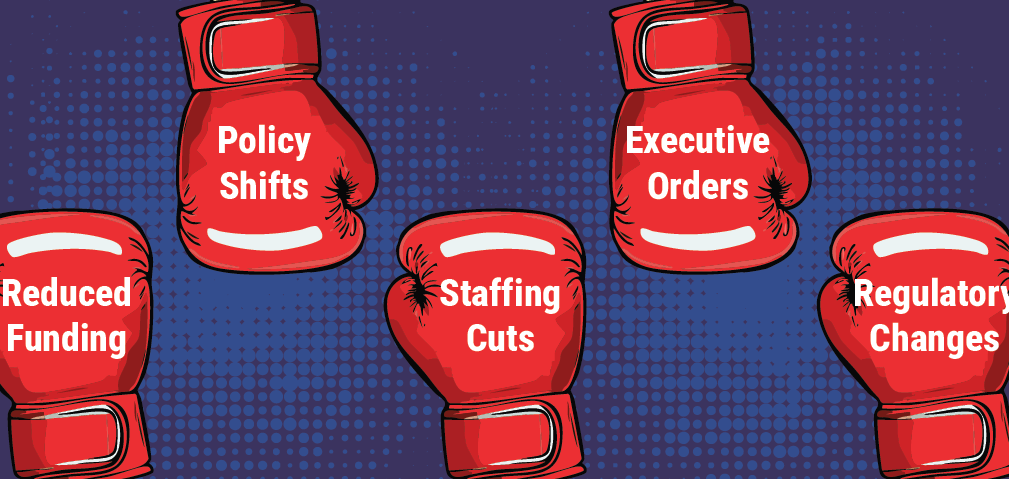

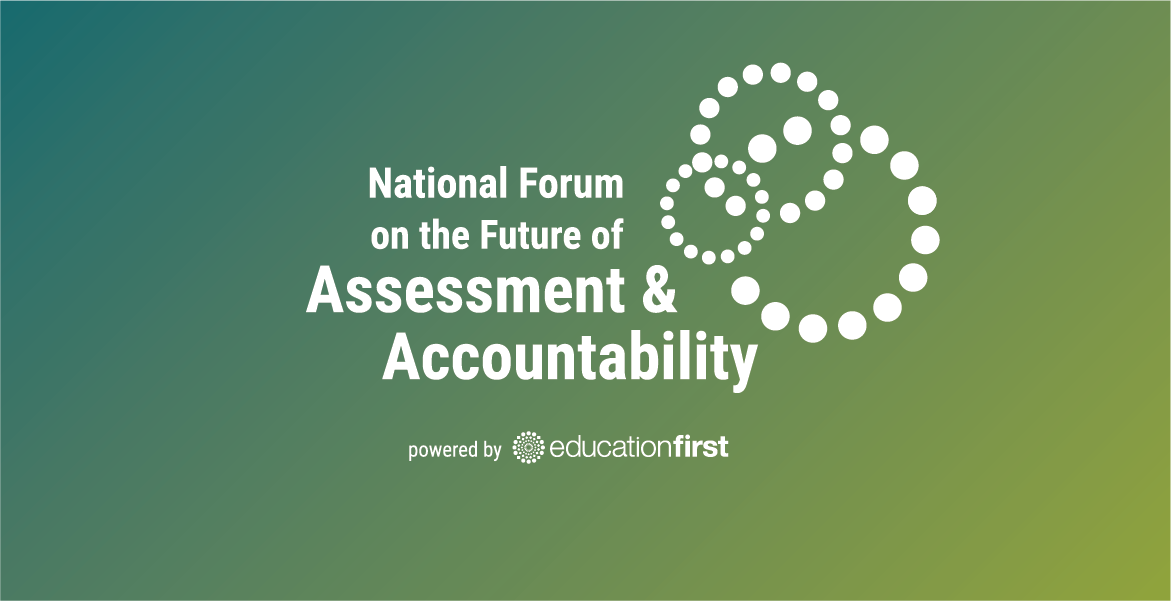

Education First’s insights library offers curated resources, toolkits, policy memos and templates that are now available to support your work.
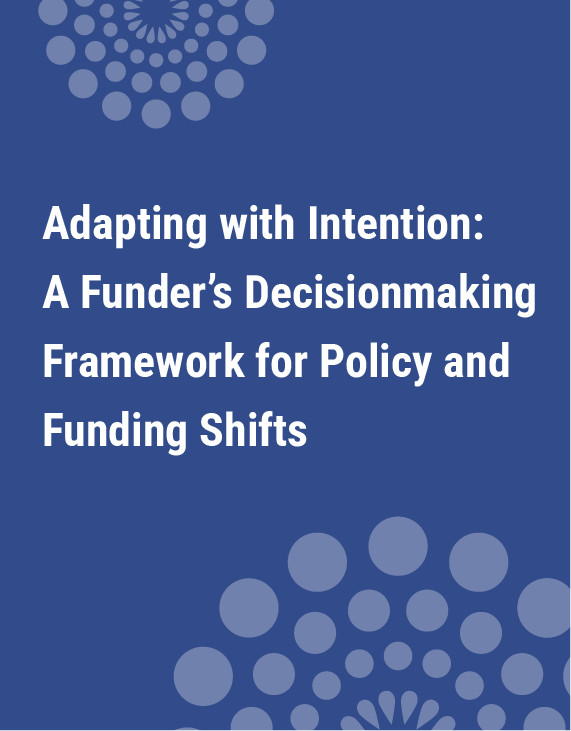

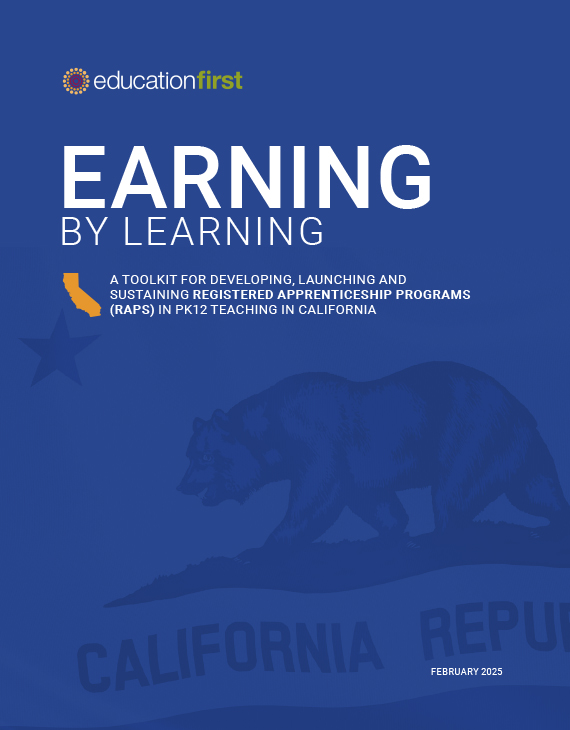
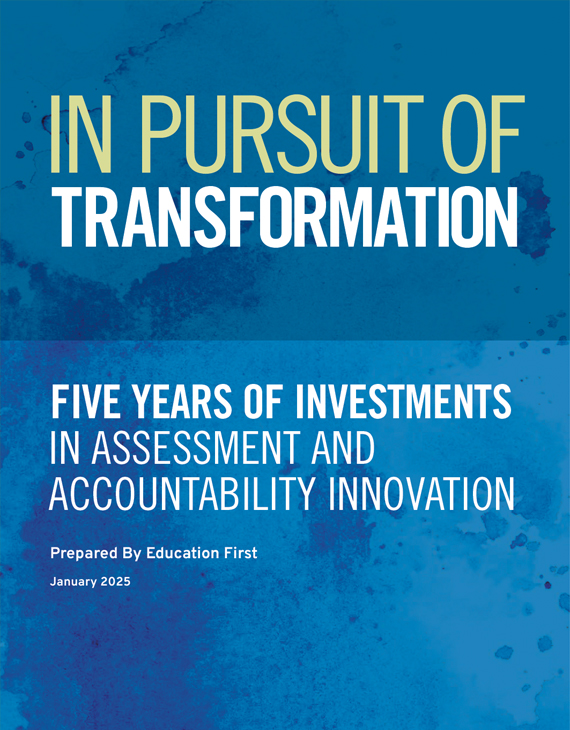
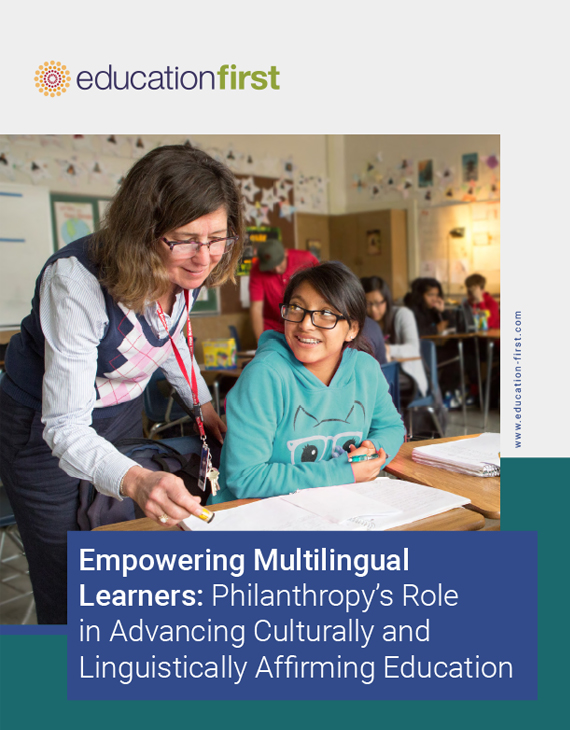
Education First regularly creates free resources — including customizable tools, templates and videos — to support educators, district and state leaders, funders, nonprofits and advocacy organizations.

Our monthly newsletter features pooled content centered on our strategies. View previous editions and sign up to receive the newsletter here.
